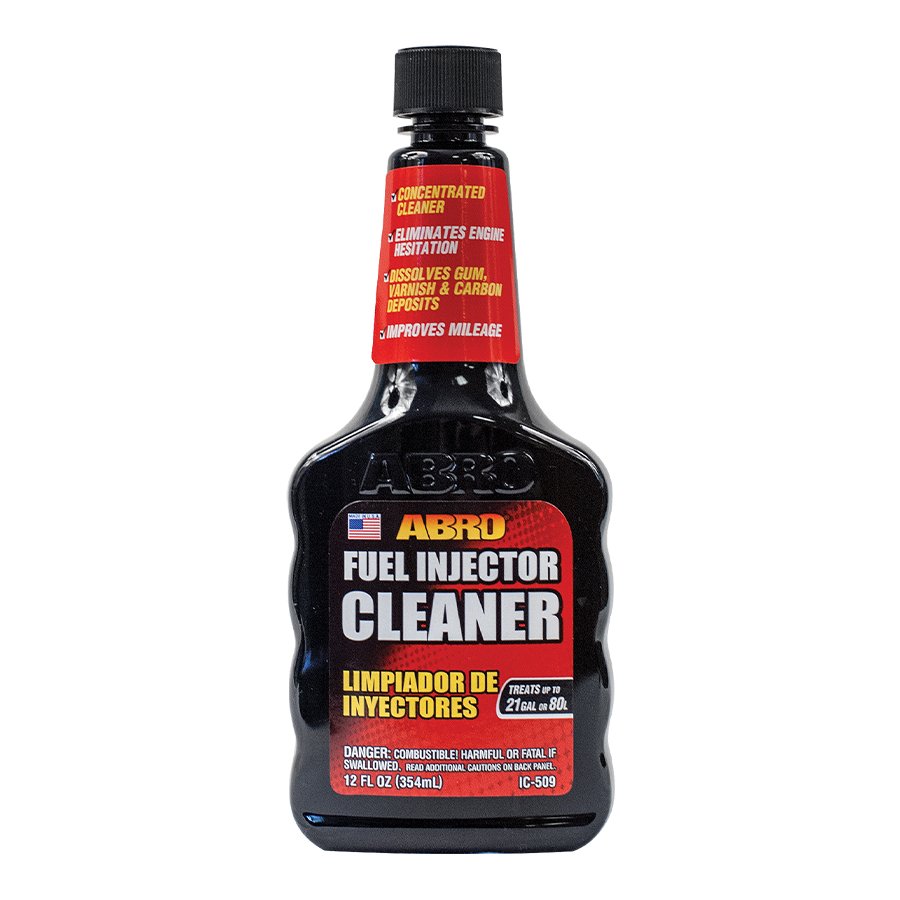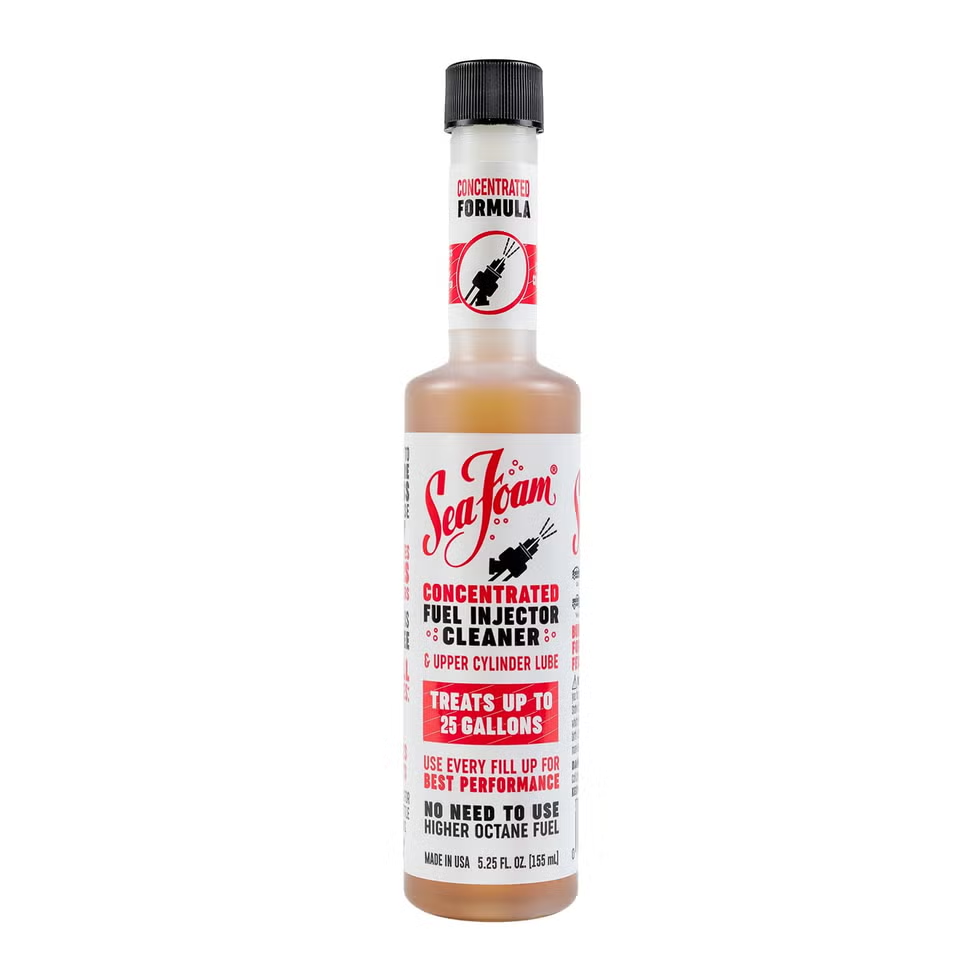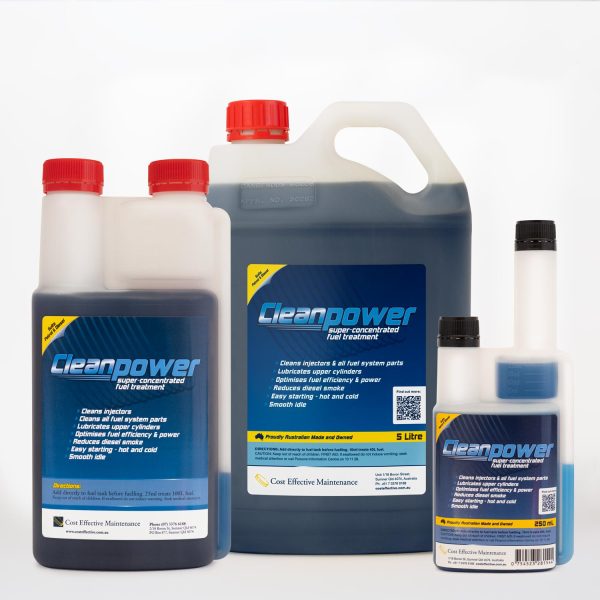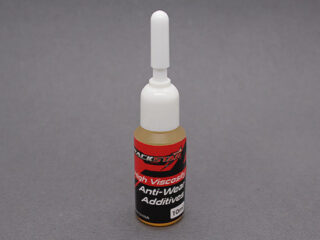Description
Revive Your Ride: Understanding and Utilizing Fuel Tank Cleaner Additives
Over time, our vehicle’s fuel tank can become a breeding ground for contaminants. From condensation leading to rust to accumulated deposits from low-quality fuel, a dirty fuel tank can wreak havoc on engine performance, fuel efficiency, and even lead to costly repairs. That’s where fuel tank cleaner additives come in. These potent solutions promise to revitalize your fuel system, but how do they work, and are they right for your car?
The Silent Threat: What’s Lurking in Your Fuel Tank?
Several factors contribute to the accumulation of grime in your fuel tank:
- Water Condensation: Fluctuations in temperature cause water to condense inside the tank, leading to rust and corrosion, especially in older vehicles with steel tanks.
- Fuel Degradation: Gasoline can break down over time, forming varnish and gum-like deposits that cling to the tank walls and fuel lines.
- Sediment and Debris: Even with fuel filters, small particles of dirt, rust, and scale can make their way into the tank.
- Ethanol Blends: While designed to be environmentally friendly, ethanol can attract water and contribute to corrosion, particularly in older vehicles not designed for ethanol blends.
These contaminants can obstruct fuel flow, compromise fuel pump performance, clog fuel injectors, and ultimately lead to:
- Reduced Fuel Efficiency: A clogged system forces the engine to work harder, consuming more fuel.
- Poor Performance: Hesitation, rough idling, and loss of power can all be symptoms of a dirty fuel system.
- Increased Emissions: Inefficient combustion leads to higher levels of harmful pollutants.
- Potential Damage: Left unchecked, a severely contaminated fuel system can cause premature failure of the fuel pump or fuel injectors.
Fuel Tank Cleaner Additives: A Chemical Solution
Fuel tank cleaner additives are specifically formulated to dissolve and remove these harmful deposits. They typically contain a blend of powerful detergents, solvents, and corrosion inhibitors. These ingredients work in synergy to:
- Dissolve Gum and Varnish: The solvents break down sticky deposits, allowing them to be flushed out with the fuel.
- Remove Rust and Corrosion: Chemical agents attack rust and corrosion, loosening them from the tank walls.
- Disperse Water: Some additives contain emulsifiers that help to disperse water droplets, preventing them from pooling and causing further damage.
- Clean Fuel Injectors: Many fuel tank cleaners also contain ingredients designed to clean fuel injectors, further improving fuel atomization and combustion.
- Protect Against Future Corrosion: Corrosion inhibitors create a protective barrier on the tank walls, slowing down the formation of rust and corrosion.
Choosing the Right Additive: A Buyer’s Guide
With a plethora of fuel tank cleaner additives on the market, selecting the right one can feel overwhelming. Consider these factors:
- Vehicle Age: Older vehicles, particularly those with steel fuel tanks, may require more potent cleaners to tackle accumulated rust and corrosion.
- Fuel Type: Look for additives specifically formulated for gasoline or diesel engines.
- Ethanol Compatibility: If your vehicle uses ethanol blends, choose an additive designed to combat the negative effects of ethanol.
- Specific Concerns: If you’re primarily concerned with fuel injector cleaning, opt for an additive specifically designed for that purpose.
- Reviews and Reputation: Research different brands and read customer reviews to get a sense of their effectiveness.
Using Fuel Tank Cleaners: A Step-by-Step Approach
Using fuel tank cleaner additives is typically a straightforward process:
- Read the Instructions: Always follow the manufacturer’s instructions carefully.
- Add to Fuel Tank: Pour the recommended amount of additive into your fuel tank just before filling up with gasoline.
- Fill the Tank: Filling the tank helps to ensure that the additive mixes thoroughly with the fuel.
- Drive Regularly: Allow the additive to circulate throughout the fuel system by driving the car as you normally would.
Important Considerations:
- Avoid Overuse: Using too much additive can damage seals and other fuel system components.
- Pre-Existing Damage: Fuel tank cleaner additives can dislodge large amounts of debris, which may overwhelm older fuel filters. Consider replacing your fuel filter after using a fuel tank cleaner, especially on older vehicles.
- Professional Help: If your fuel tank is severely contaminated or you suspect significant damage, consult a professional mechanic.
The Verdict: Are Fuel Tank Cleaners Worth It?
Fuel tank cleaner additives can be a valuable tool for maintaining a healthy fuel system, improving fuel efficiency, and preventing costly repairs. When used correctly, they can help revive your ride and keep your engine running smoothly. By understanding the benefits and limitations of these products, you can make an informed decision about whether they are right for your vehicle and driving needs. Remember to choose the right additive for your specific situation and always follow the manufacturer’s instructions.










Reviews
There are no reviews yet.